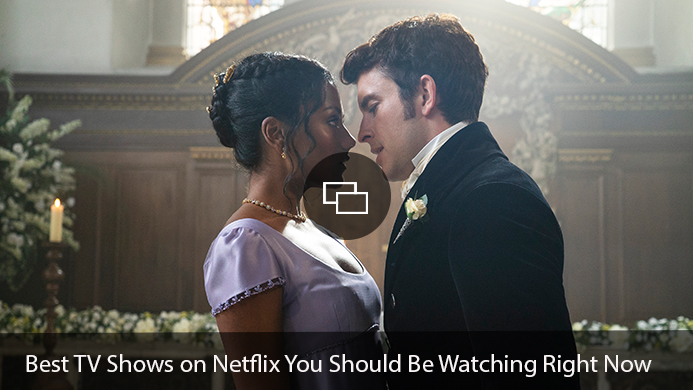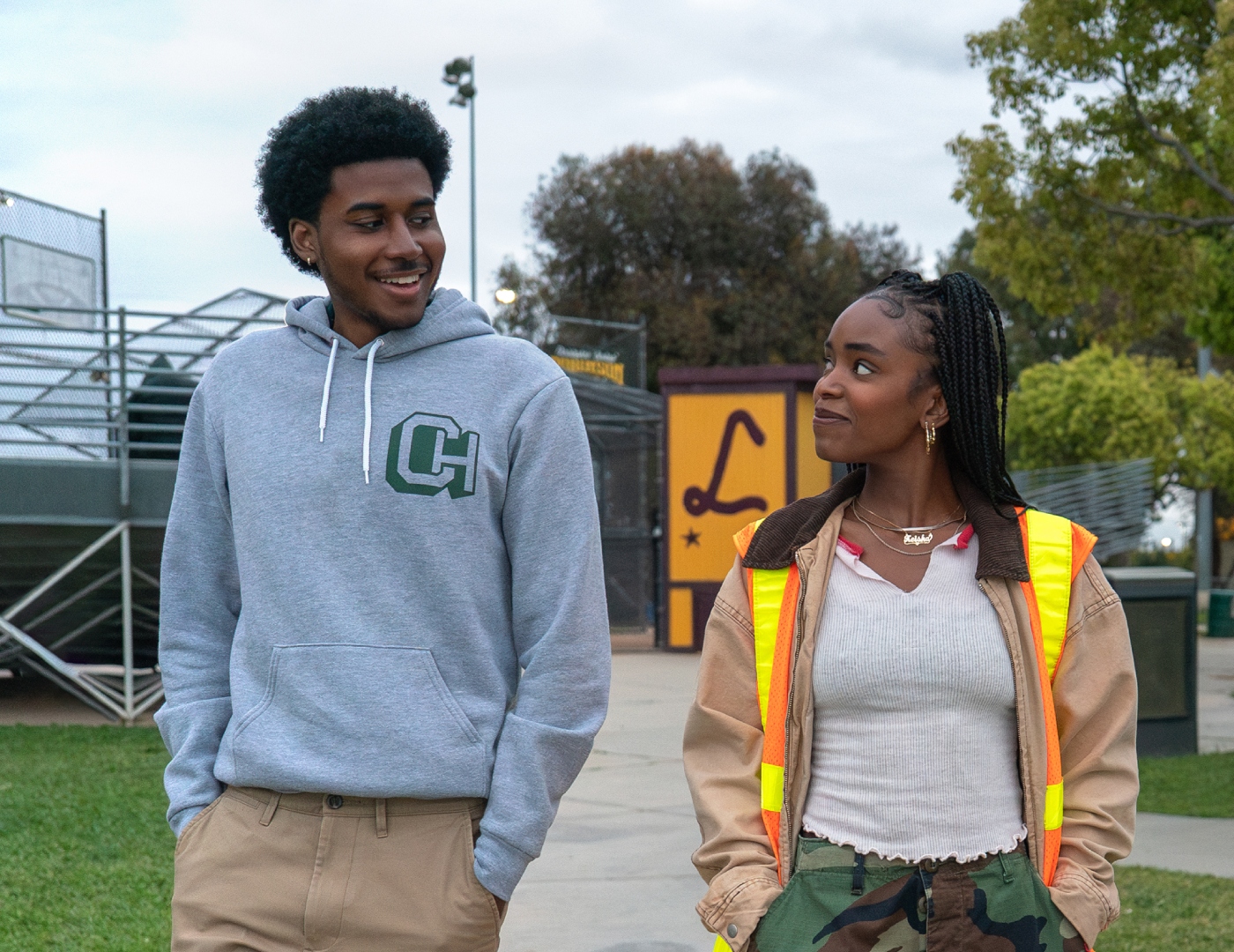
Judy Blume’s 1975 novel, Forever…, was born from her daughter’s request for a book about teens who have sex for the first time without anything bad happening to them, no social shunning, unplanned pregnancy, or isolating abortion.
In the decades that followed, and still to this day, the book has been among the most banned and challenged books in schools in the United States, most often criticized by religious and pro-abstinence groups.
Yet, its impact prevailed among teens in the 80s and 90s who passed it around under adults’ noses. One Reddit user in a Gen X subreddit recalls girls in her 6th-grade class tearing the book up into chapters so they could efficiently share it around the class. Once one girl finished a chapter, she gave it to the next person, and so on.
Today’s teens will have an easier time accessing Mara Brock Akil’s heartwarming Netflix adaptation of Blume’s taboo-busting book, and if you’re a parent who hid the book in your backpack to hand it off to a classmate, waste no time in directing your kid to the series.
In Forever, Brock Akil pivots her focus to a male lead, Justin (Michael Cooper Jr.), an awkward, nerdy Black teen battling with a similar social powerlessness as young girls in the 70s, like Blume’s Katherine. The central love story is between Justin and Keisha (Lovie Simone), teens living in a predominantly white area of Los Angeles. It’s 2018, iPhones are in hand, and there are plenty of apt comments about race and class without Brock Akil having to bite off more than the show can chew by balancing the impact of 2020 onwards on teen life.
Like Blume’s book, sex is explored with equal parts tenderness and frankness. Sex is awkward and nerve-wracking, but also inevitable and not something to be feared. Keisha and Justin are both each other’s firsts, and their first time having sex includes a conversation about how far they’re willing to go. Consent is built into the script at every necessary turn.
However, things have changed in the half-century since Blume’s novel was published. With social media and easy access to sexual content in hidden corners of the internet, sex usually isn’t a new concept to teens by the time they’re actually having it. Brock Akil acknowledges this by making the show as much about finding intimacy in the digital age as it is about having sex.
In her past relationship, Keisha was the victim of an oral sex tape leak that is destroying her life. Justin and Keisha use their “block” and “unblock” buttons liberally throughout their relationship ups and downs. These elements are nods to a new set of challenges impacting teens that Blume and her characters could not have imagined.

In another departure from Blume’s book, Brock Akil gives the show’s parents more depth and a modern flair. Justin’s parents, played by Wood Harris and Karen Pittman, likely grew up on Blume’s books — though the show avoids such a meta reference. They know there’s no point trying to prevent their kids from having sex. In one scene, Justin’s father throws a condom and a cucumber at him as a show of support and caution, all in one.
Keisha’s single mom worries more, telling her daughter, “Keep your books open and your legs closed,” a necessary nod to the double standards girls still face when it comes to sexual exploration.
Another layer Brock Akil adds to the fabric of the story is that these are Black parents raising Black kids. Justin’s parents are far more concerned with instructing him where to keep his car registration in case he gets pulled over and discouraging him from wearing hoodies than they are with enforcing abstinence.
The show does gloss over some of the things that made Blume’s book ground-breaking. There is no mention of birth control beyond condoms and Netflix’s leads don’t replicate Blume’s characters’ progression from kissing to handjobs to sex to orgasms. But in that, Brock Akil sends a message — life gives us plenty to worry about without trying to stop teens from going through the motions.
Blume’s book might feel dated to teens who grew up on Euphoria and Sex Education, but the fumbling awkwardness of early sexual encounters is timeless, and every generation needs a lens through which to unpack that.
Before you go, click here to see the best Netflix shows you should be watching right now.










Leave a Comment